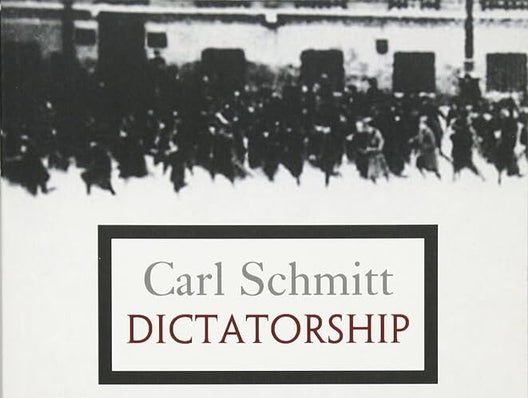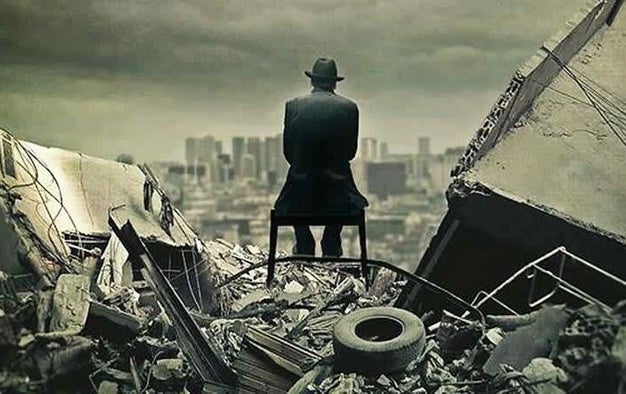Three Articles on Resilience, Connection, and Historical Perspectives
This three-part article series explores themes that bridge the past with our present. The first article delves into the camaraderie of soldiers during World War II, where extreme conditions forged bonds stronger than family ties, and examines how we might recreate such relationships today. The second article focuses on the generations born in the 1950s and 60s, shaped by parents who lived through the harsh realities of war, reflecting on the contrast with today’s overprotective society. The third article turns eastward to countries like Bulgaria, where the remnants of a dictatorship’s iron grip remain visible, and where people display a resilience and community spirit reminiscent of the post-war era. Through these three articles, we seek answers to what history can teach us about building stronger human connections and fostering a society defined by both individual and collective responsibility.

The countries of Eastern Europe, once hidden behind the Iron Curtain, hold a unique allure for those of us who grew up in the shadow of World War II. Bulgaria, in particular, offers a profound connection to a world shaped by resilience, survival, and the echoes of history.
For someone like me, raised by people who lived through the world wars and whose values were forged in times of scarcity and hardship, exploring these nations feels like revisiting a chapter of my own upbringing. In Bulgaria, I see the remnants of a past that shaped its people, not unlike the way my parents and grandparents shaped me. This article delves into what makes countries like Bulgaria so compelling and reflects on the enduring lessons of resilience, humility, and community that resonate across time and borders.

A Shared Legacy of Hardship and Resilience Life Under Dictatorship
For decades, Eastern European countries like Bulgaria endured life under communist regimes. Surveillance, censorship, and scarcity were daily realities. The effects of these systems left deep marks on the collective psyche of their people.
The parallels with the post-war world I grew up in are striking. Just as my parents were shaped by the need to rebuild and recover from war, Bulgarians were shaped by the necessity to adapt and endure under the weight of a totalitarian state. The resilience of the people is palpable, even today.
Survival as a Cultural Value
In Bulgaria, survival is not merely a necessity but a source of pride. From the resourcefulness in everyday life to the preservation of traditions, this culture values making the most of what you have. It is a reminder of the practical, no-nonsense mindset that my generation was raised with – a stark contrast to the consumer-driven culture that dominates much of the world today.
The Echoes of My Childhood Growing Up in the Aftermath of War
As someone born in the 1960s, I grew up surrounded by people whose lives had been directly impacted by World War II. These were individuals who knew loss and sacrifice, yet carried themselves with dignity and a deep sense of responsibility to the next generation.
When I visit Bulgaria, I am reminded of those people. The elders here speak with the same wisdom, rooted in experience. They share stories of struggle and perseverance, not unlike the tales I heard as a child.
Values That Transcend Time
The emphasis on family, community, and self-reliance in Bulgaria feels like a step back to the values of my own upbringing. These values, though often overlooked in today’s fast-paced world, are timeless and universal.


Contrasts with the Modern Western World A Culture Less Touched by Overindulgence
In Bulgaria, there is a refreshing absence of the excesses that often define Western culture. People live closer to the earth, valuing simple pleasures like homegrown food, community gatherings, and meaningful relationships.
This simplicity is reminiscent of the world my parents and grandparents lived in. There is a focus on necessity rather than luxury, on connection rather than consumption.
The Loss of Resilience in the West
One of the most striking contrasts is how younger generations in the West have grown up with comfort and security but often lack the resilience that hardship can instill. In Bulgaria, even the younger generations seem to carry an awareness of history and an understanding of the fragility of freedom.
The Allure of Imperfection History in Every Corner
Bulgaria’s landscapes are dotted with remnants of its past – old communist monuments, crumbling buildings, and vibrant markets that echo a bygone era. These imperfections tell a story, one that is richer and more layered than the polished façades of many Western cities.
Walking through Sofia, Plovdiv, or smaller villages, I see a world that has not forgotten its history. It is not hidden or sanitized but embraced as a part of the national identity.
A Connection to Something Real
In Bulgaria, there is an authenticity that is increasingly rare in the homogenized, globalized world. The people and places feel genuine, unfiltered. This rawness is deeply compelling for someone like me, who longs for a connection to the values and experiences of a different time.


Lessons from a Resilient People Community and Solidarity
Under communist rule, Bulgarians often had little choice but to rely on one another. This fostered a deep sense of community and solidarity, values that persist today. People look out for each other in ways that are increasingly rare in the individualistic societies of the West.
Adaptability and Resourcefulness
The ability to adapt is a hallmark of resilience. Whether it’s navigating bureaucracy or making the most of limited resources, Bulgarians excel at finding creative solutions. This spirit of resourcefulness reminds me of the stories my parents shared about making do with what little they had during the war and its aftermath.
Why the Past Still Matters Keeping History Alive
One of the most striking things about Bulgaria is how the past is still very much alive. While the communist era was a time of oppression, it also forged a collective identity that continues to influence the culture today.
For someone like me, who grew up with constant reminders of World War II, this connection to history feels both familiar and comforting. It’s a reminder of the strength of the human spirit and the importance of remembering where we come from.
Lessons for Future Generations
In Bulgaria, I see a model for how we might teach younger generations the value of resilience and community. By sharing stories of struggle and perseverance, we can inspire a renewed appreciation for the freedoms and opportunities we often take for granted.

Moving Forward with the Past in Mind What Bulgaria Can Teach Us
Countries like Bulgaria remind us of the importance of remembering our roots and valuing the lessons of history. They show us that resilience, humility, and community are not outdated concepts but essential tools for navigating an uncertain future.
Bridging Generations
As someone who grew up in a world shaped by war, I feel a profound connection to Bulgaria and its people. By sharing these experiences with younger generations, we can help bridge the gap between the past and the present, ensuring that the lessons of history are not lost.

Conclusion
Bulgaria, and other nations that lived under the shadow of the Iron Curtain, offer a unique perspective on life and resilience. For someone like me, these countries are a mirror to my own upbringing, a reminder of the values that shaped me and the lessons that remain relevant today.
In a world that often seems to prioritize convenience over connection and comfort over resilience, Bulgaria stands as a testament to the enduring power of community, humility, and perseverance. By embracing these lessons, we can not only honor the past but also create a stronger, more connected future.

By Chris...


Add comment
Comments